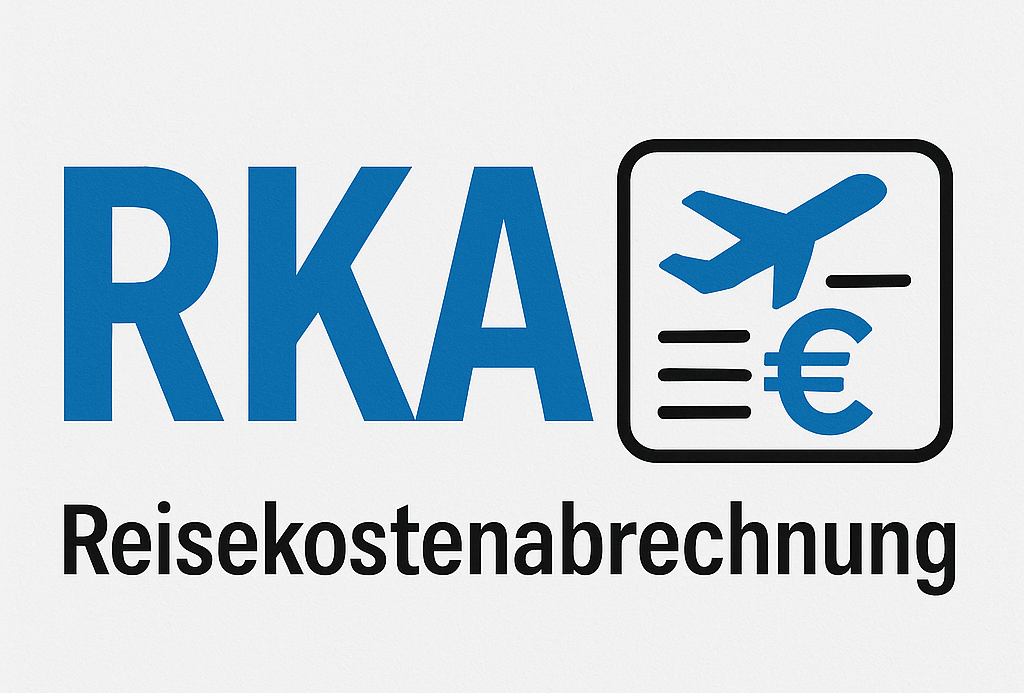This section of the German Income Tax Act regulates the tax treatment of travel costs related to professional trips, especially those between an employee’s home and their primary workplace (first place of work) as well as travel during business trips.
- Travel costs are the expenses an employee incurs by using a means of transportation for work-related journeys. For trips made with a private vehicle, employees have the option to either claim the actual proportional costs or use a flat-rate per kilometer allowance.
- The regulation in § 9 Abs. 1 Satz 3 Nr. 4a EStG permits the simplified calculation of travel expenses by applying a flat-rate per kilometer, which simplifies the reimbursement and tax deduction process.
- Trips between home and the primary workplace are specifically affected by this rule, where the so-called “distance allowance” (Entfernungspauschale or commuter allowance) usually applies.
- Other business-related trips, such as official business travel, can also be settled according to the guidelines of this paragraph.
- However, some trips, like those using a company car, may not be recognized as travel expenses under normal rules and may be subject to special regulations.
In short, § 9 Abs. 1 Satz 3 Nr. 4a EStG describes how employees can claim tax benefits for costs incurred during business travel, mainly with their own car, either by proving actual costs or using standardized kilometer rates.
This regulation simplifies and standardizes the tax accounting for travel expenses in everyday work life.
